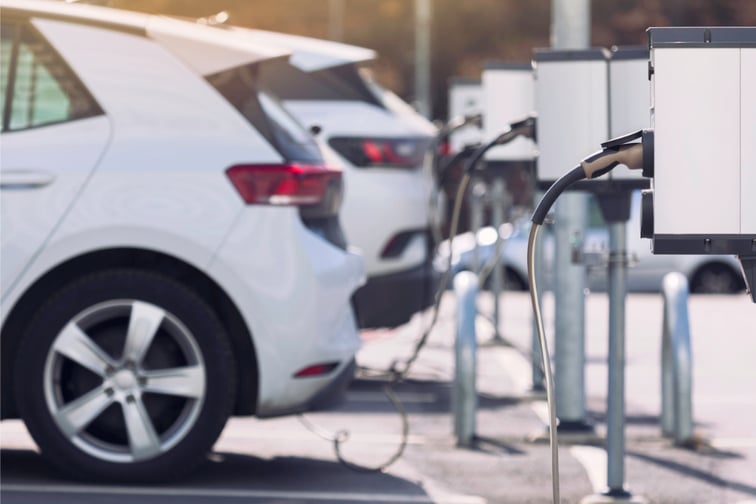

The growth of electric car sales in Europe may be impeded by rising insurance costs and expiring subsidies, as reported in an article by Forbes.
Electric car enthusiasts have asserted that these cars will eventually be cheaper as their prices are anticipated to fall along with new battery electric vehicles (BEVs) being made available to average earners. However, their prices are typically around twice as much as new combustion vehicles with most starting around €30,000 after tax.
According to moneyexpert.com, electric car insurance is more expensive because of the vehicles’ parts. Given that BEVs have a smaller number of mechanics that specialize in them, expensive parts that aren’t readily available cause insurers to mark up their premiums.
“Insurers are reacting to a combination of factors. This could include the rising cost of parts and the need for a skilled workforce to carry out repairs,” explained Mark Fry, an engineering research manager at Thatcham Research, an automotive risk intelligence company.
“With any new technology we need to ensure financial sustainability. We are keen to encourage repair around the battery rather than replacement,” he added.
Several insurers have expressed worries over the scale of liability that may come with electric cars. John Lewis Financial Services has reportedly paused its insurance offering for electric vehicles as it analyses the risks and costs attributed to them.
In a report published by Thatcham this year with Innovate UK, a British government agency, it was found that BEV incident claims were 25.5% more expensive than those involving internal combustion engines (ICE).
It also found that 9,400 vehicles were potentially involved in collisions that damaged the battery in the UK in 2022. The number was estimated to rise to 260,000 per year by 2035 and is expected to rise disproportionately unless changes are made.
The report also said that there was a lack of affordable or available repair solutions and post-accident diagnostics for BEVs.
“Much of the motor insurance industry is yet to adapt to mass BEV adoption challenges, and the implications remain unquantified on repair capacity, training and skills, cost, and the lifetime sustainability of BEVs,” said Thatcham in its report.
“This lack of awareness means many BEVs are often deemed irreparable, leading to premature write-offs because of high battery cost and the lack of value the UK ecosystem can recover from them,” it added.
What do you think about this story? Leave a comment down below.
